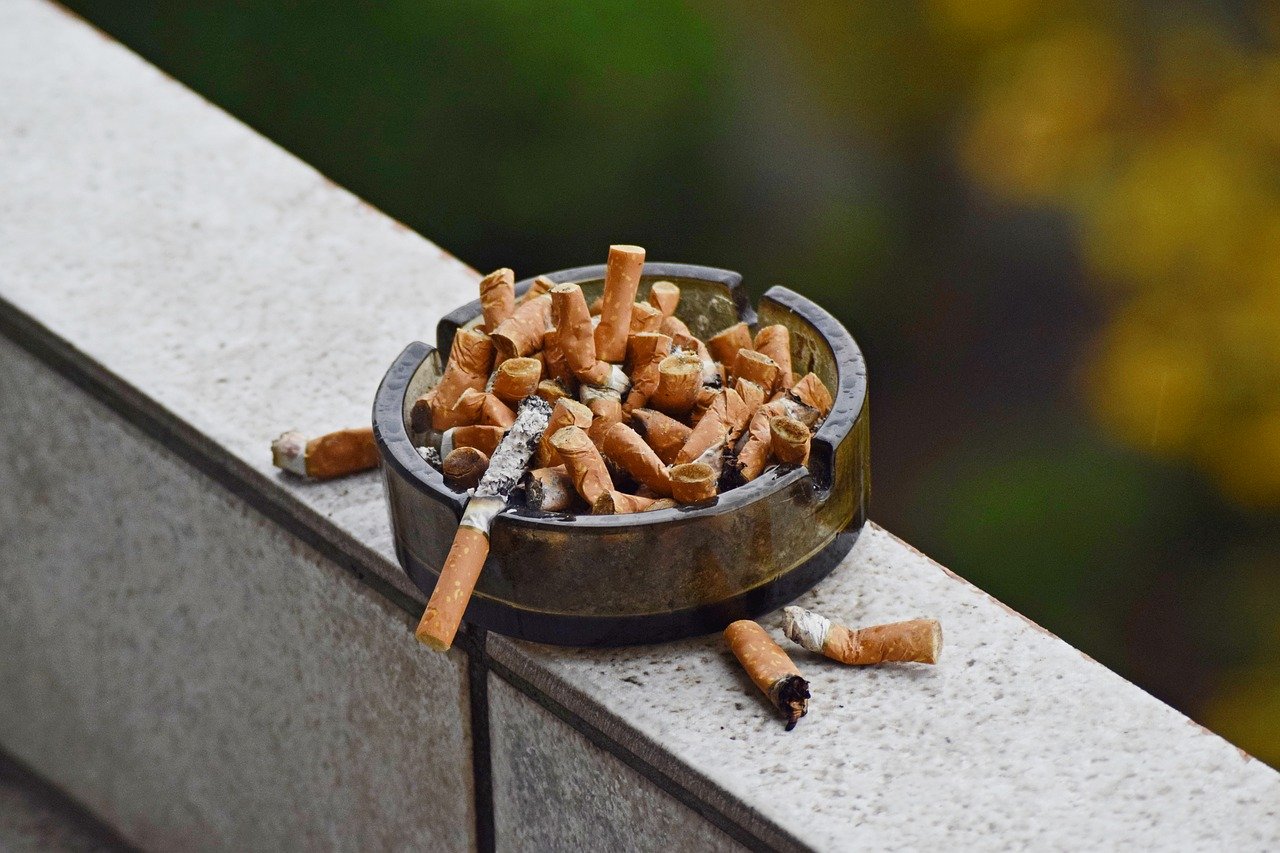News
Live healthier, quit smoking: Palace

The law regulates the importation, manufacture, sale, packaging, distribution, use and communication of vaporized nicotine and non-nicotine products, as well as novel tobacco products. (Pixabay Photo)
MANILA – Malacañang is calling on Filipinos to quit vices like smoking to live healthier lives.
The Office of the Press Secretary (OPS) made this call as it joined the Department of Health (DOH) in promoting efforts to maintain healthy lungs on Lung Cancer Awareness Month.
Citing data from the DOH, the OPS said lung cancer is one of the most common types of cancer in the Philippines that caused the death of over 17,000 Filipinos in 2020.
Lung cancer is considered a “silent killer” because its symptoms are only seen when the disease is severe.
“Kaya’t pangalagaan ang sarili! Itigil ang bisyo para #HealthyLungs (Take care of your health. Kick the bad habit for #HealthLungs),” the OPS said on its official Facebook page.
Under Republic Act No. 11215 or the National Integrated Cancer Control Act, the DOH will lead, coordinate and supervise the nationwide yearly observance of Lung Cancer Awareness Month every November.
The DOH will also closely coordinate with the World Health Organization and other partners in achieving the United Nations Sustainable Development Goal of reducing premature mortality from cancer by 30 percent in 2030.
Screening programs are critical in preventing deaths due to cancer.
In July, the proposed Vaporized Nicotin and Non-Nicotine Products Regulation Act, also known as the Vape Regulation Bill, has lapsed into law without the signature of President Ferdinand R. Marcos Jr.
The law regulates the importation, manufacture, sale, packaging, distribution, use and communication of vaporized nicotine and non-nicotine products, as well as novel tobacco products.
Under the new law, the Department of Trade and Industry is tasked to consult with the Food and Drug Administration in setting technical standards for the safety, consistency and quality of vape products. The DTI is also given authority to regulate the vaporized nicotine and non-nicotine products and their devices and novel tobacco products made from tobacco leaves or have nicotine in tobacco.
The law also mandates the DOH to prescribe guidelines on the implementation of smoking and vaping restriction awareness campaigns.
Meanwhile, the Lung Center of the Philippines (LCP) continues to push for its early lung cancer detection program to identify lung cancer in high-risk patients at an early stage to improve clinical outcomes.
Through Presidential Decree No. 1823, the LCP was established on Jan. 16, 1981 to provide the Filipino people state-of-the-art specialized care for lung and other chest diseases.





















